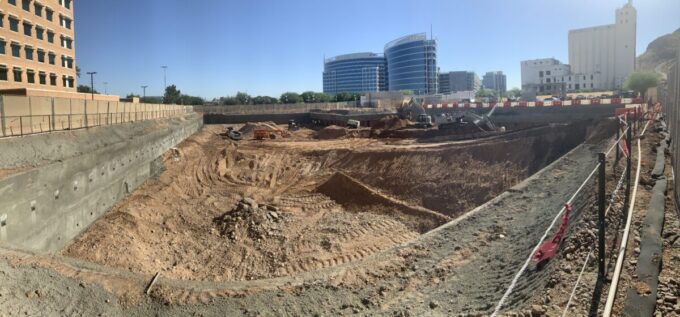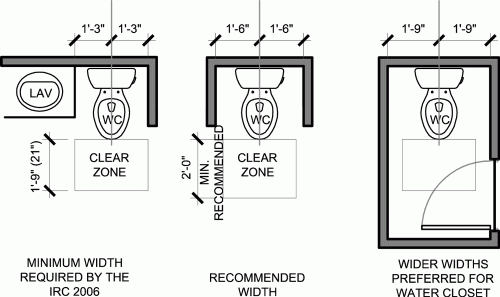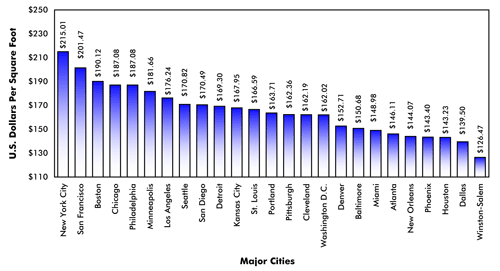Understanding Geotechnical Soils Reports for Building Construction
The Role of Geotechnical Soils Reports
Developers must consider soil conditions when planning a construction project. Geotechnical engineering is a branch of civil engineering that studies the behavior of soil and rock in engineered systems. A geotechnical soils report provides essential data about subsurface conditions. This report helps engineers design stable foundations and prevent future structural issues.
How Geotechnical Engineers Analyze Soil
Geotechnical engineers assess soil by excavating test pits or drilling boreholes. They collect soil samples and analyze their composition, moisture content, and density. Laboratory tests determine soil strength, plasticity, and potential movement under load. Engineers use this data to predict how the ground will support structures.
Key Factors in a Geotechnical Report
A geotechnical report includes several critical components:
Bearing Capacity
The report identifies the soil’s bearing capacity, which determines how much weight the ground can support. Engineers use this information to recommend suitable foundation types.
Expansive Soils
Some soils expand and contract based on moisture levels. Engineers assess soil for swelling potential to prevent damage from movement over time.
Groundwater Conditions
High groundwater levels can affect foundation stability. The report outlines seasonal variations and recommends proper drainage solutions.
Soil Chemical Reactivity
Certain soils contain chemicals that can corrode concrete or steel. Engineers test for sulfate content and other reactive elements to ensure material durability.
Recommendations for Foundation Design
Based on soil analysis, geotechnical engineers recommend appropriate foundation systems. These may include shallow footings, deep piles, or reinforced slabs. The report may also suggest soil treatment methods, such as compaction or chemical stabilization, to improve ground conditions.
Waterproofing and Drainage Solutions
Engineers provide guidance on foundation waterproofing to prevent moisture intrusion. They may recommend vapor barriers, waterproof coatings, or drainage systems. Proper waterproofing enhances the longevity of the structure and protects against soil-related damage.
Conclusion
Geotechnical soils reports play a crucial role in construction planning. Developers who invest in thorough soil analysis can mitigate risks and design foundations that stand the test of time. By understanding subsurface conditions, developers can ensure safer and more cost-effective projects. EVstudio’s Structural Department has extensive experience designing foundations based on a wide variety of soils conditions and can help you navigate the best decisions for your project. Reach out today!










